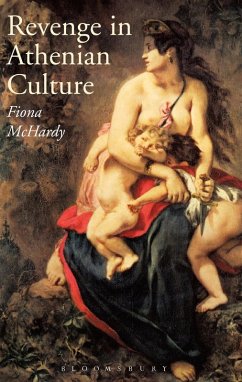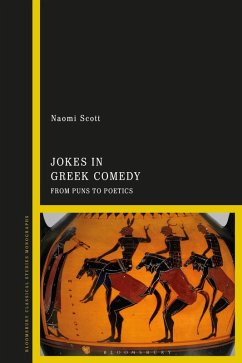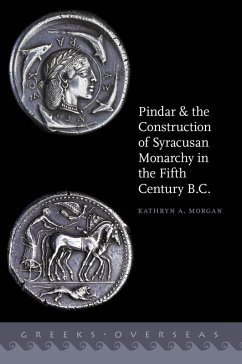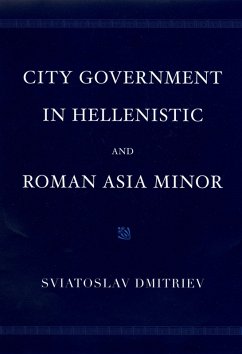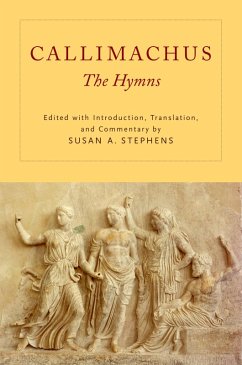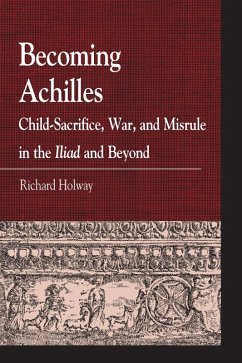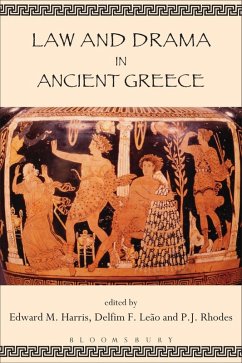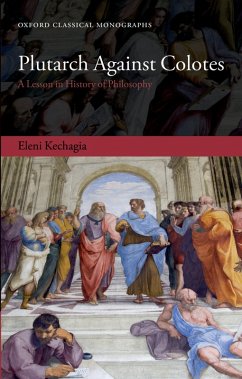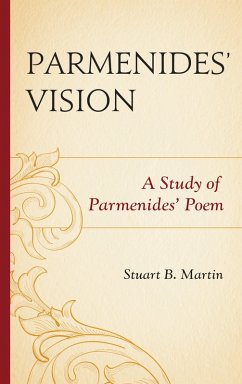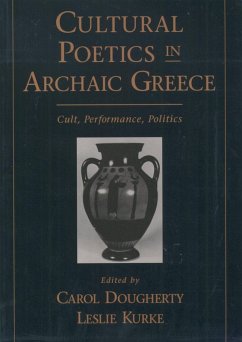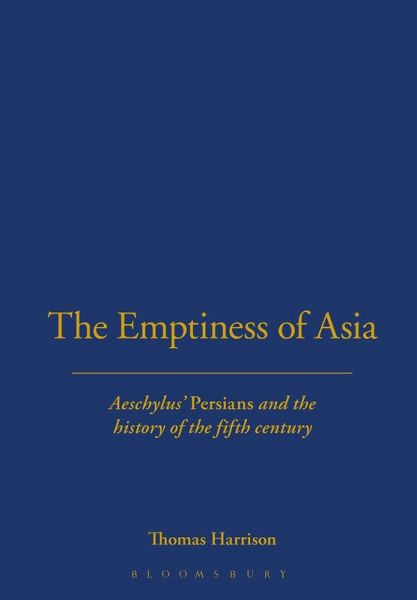
The Emptiness of Asia (eBook, PDF)
Aeschylus' 'Persians' and the History of the Fifth Century
Versandkostenfrei!
Sofort per Download lieferbar
25,95 €
inkl. MwSt.
Weitere Ausgaben:

PAYBACK Punkte
13 °P sammeln!
This is a literary study of Aeschylus' Persians alongside Herodotus' Histories, which offers a comprehensive understanding what actually happened at the battle of Salamis and afterwards. Thomas Harrison examines the political and ideological motivating factors underpinning Persai in the context of the times. Aeschylus' Persians is not only the first surviving Greek drama. It is also the only tragedy to take for its subject historical rather than mythical events: the repulse of the army of Xerxes at Salamis in 480 B.C. It has frequently been mined for information on the tactics of Salamis or th...
This is a literary study of Aeschylus' Persians alongside Herodotus' Histories, which offers a comprehensive understanding what actually happened at the battle of Salamis and afterwards. Thomas Harrison examines the political and ideological motivating factors underpinning Persai in the context of the times. Aeschylus' Persians is not only the first surviving Greek drama. It is also the only tragedy to take for its subject historical rather than mythical events: the repulse of the army of Xerxes at Salamis in 480 B.C. It has frequently been mined for information on the tactics of Salamis or the Greeks' knowledge of Persian names or institutions, but it also has a broader value, one that has not often been realised. What does it tell us about Greek representations of Persia, or of the Athenians' self-image? What can we glean from it of the politics of early fifth-century Athens, or of the Athenians' conception of their empire? How, if at all, can such questions be approached without doing violence to the Persians as a drama? What are the implications of the play for the nature of tragedy?




